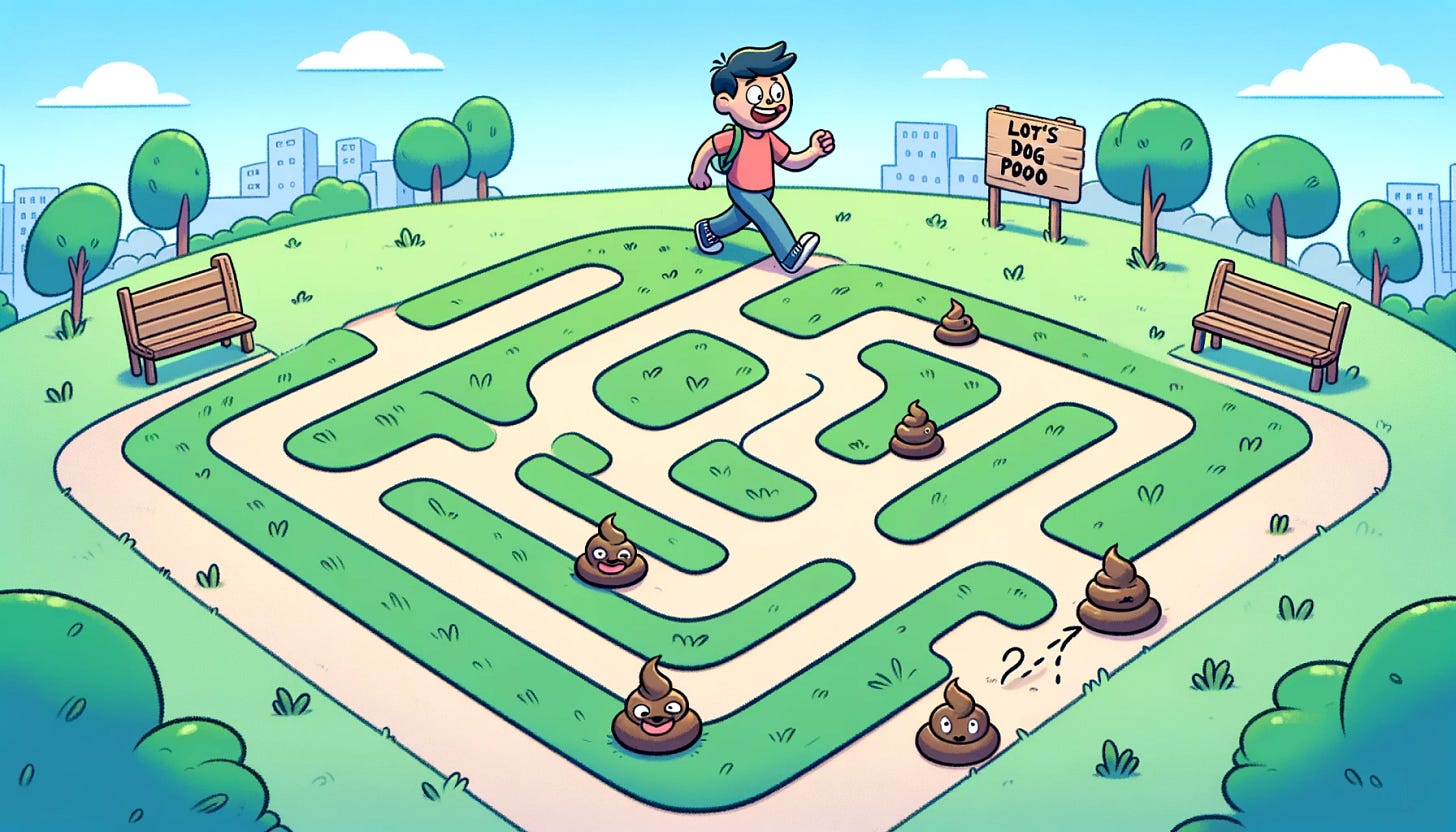The winner is Just a Loser Who Tried One More Time
A few weeks ago, I had a conversation with my children about the school’s grading system. They are unhappy with it, as it mostly focuses on their mistakes, without giving them enough room for trial and error. Of course, this is a critique that I’ve been voicing for ages, which has rubbed off on them.
Even today in 2024, the European schooling system seems to be the same as it was 25 years ago. To a certain extent, the European education system has proved to build high standards and is well-regarded worldwide. However, on the other hand, it fails to enable the younger generation to identify what they’re really good at. Instead, from as early as our first days at school, we’re taught to note errors and even more so to try not to make them.
Ignore the Penalizing and Stand Up Once More
Nowadays though, it’s believed that by teaching us to avoid making mistakes, we impact our individual creativity and ability to build our skillset. This is achieved best by providing children at school a safe space for trial and error until they figure out what and how something works! Hence we encourage them at home to ignore being penalised for errors and try again, to stand up once more and overcome that negative feeling. The reason for this is simple and best shared with this quote:
“The winner is just a loser who tried one more time.”
Over the weekend, I had one of those aha momenta, a somewhat weird one though. While mowing the lawn, I caught myself spotting errors much the same way as I was taught at school quite some years back. The mistakes I was noticing consisted of…. dog poop. Yes, you heard right, dog poop! Our dog is quite old and started doing his business in our backyard recently. So, I did as we all do I guess, to watch out for dog poop and avoid stepping in it.
At first, that thought seemed quite normal, my second thought told me I was being stupid and wasteful! I realised we focus on the negative and even more important to note is that negative events are usually very much a minority occurrence that simply drain one’s energy. While my mind was wandering performing this somewhat mindless task, I concluded that rather than trying to focus on the few, rare dog poops I needed to avoid stepping in, instead, I’d be better off putting all that mental energy towards using all the 99% of empty space and be more creative with how to use it best.
We Learn from the Act of Making Mistakes
It's likely my poo-pondering sounds gross to you (and finding a better way to mow the lawn isn’t life-changing), but the analogy helped me to wake up and re-steer my brain away from what I’d always been taught. That was to focus on the negative, rare occurring events and move onto the positive, the wide space I had to get creative. It showed me that I can actually steer and influence to get a different result. So I used that thought to encourage my children to push and try one more time, the same way I do for myself.
We learn from mistakes, yes, but from the act of making them, not the mistakes themselves.
This will, irrationally, lead me to try different approaches even more, to acquire new skills, and create different experiences. Furthermore, when dealing with situations where people have different positions, it makes us more compassionate and solution-oriented as we come to realise that we have more in common than what sets us apart. Surely, therefore, this approach increases not only my odds of succeeding in any task, but also strengthens my mind, my self-confidence, and in the end it should lead to greater happiness, too.


